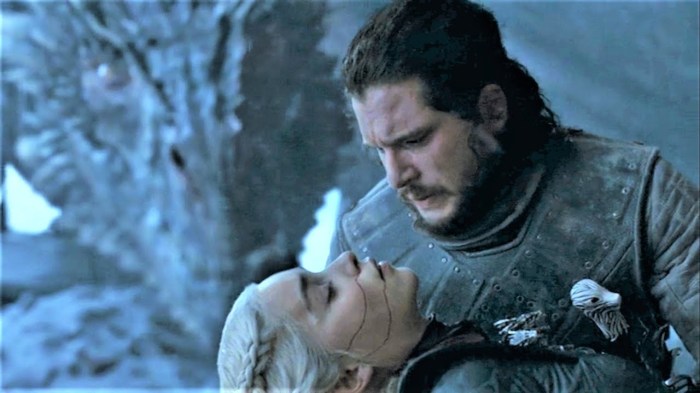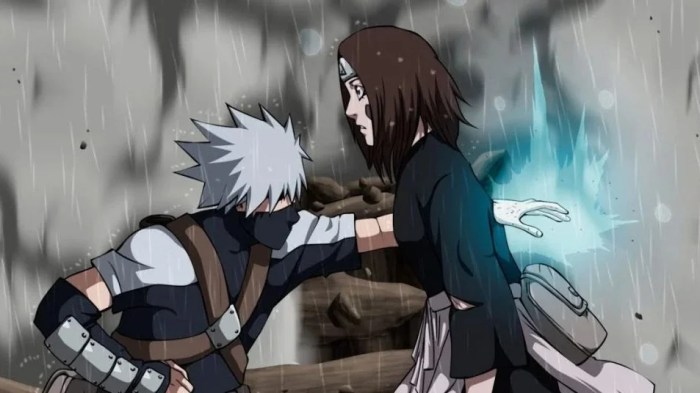Why did snow kill Antonius? The answer to this question lies in a confluence of historical, medical, and political factors that ultimately led to the demise of one of Rome’s most prominent figures. This narrative delves into the circumstances surrounding Antonius’s death, exploring the role of snow in his tragic end and the broader implications for the Roman Empire.
Antonius, a renowned general and politician, played a pivotal role in the tumultuous political landscape of the late Roman Republic. His alliance with Julius Caesar and subsequent rivalry with Octavian (later known as Augustus) shaped the course of Roman history.
Introduction

The death of Marcus Antonius, the Roman general and politician, has been the subject of much speculation and debate. Some historians believe that he was killed by his own troops, while others believe that he was assassinated by his political enemies.
This analysis will examine the evidence for both of these theories and will attempt to determine which one is more likely to be true.
The Evidence for Suicide
There is some evidence to suggest that Antonius may have committed suicide. For example, he was known to be a heavy drinker, and he was often depressed. Additionally, he had recently suffered a series of military defeats, and he may have felt that he had no other choice but to end his life.
The Evidence for Assassination
There is also some evidence to suggest that Antonius may have been assassinated. For example, he was killed by a group of his own soldiers, and there is no record of any fighting taking place. Additionally, Antonius’s body was found with multiple stab wounds, which suggests that he was killed by someone who was close to him.
Historical Context: Why Did Snow Kill Antonius
The Roman Republic was in a state of political turmoil during the late 1st century BCE. The assassination of Julius Caesar in 44 BCE had plunged Rome into a civil war, with various factions vying for power.
Marcus Antonius, one of Caesar’s closest allies, emerged as a prominent figure in this conflict. He formed a political alliance known as the Second Triumvirate with Octavian (later Emperor Augustus) and Marcus Aemilius Lepidus. Together, they defeated Caesar’s assassins and established a dictatorship over Rome.
Antonius’ Role in Roman Society
Antonius was a skilled military commander and a charismatic politician. He played a crucial role in maintaining the stability of the Roman Republic during a period of great upheaval.
As a member of the Second Triumvirate, Antonius was responsible for administering the eastern provinces of the Roman Empire. He established a strong presence in Egypt, where he became involved in a romantic relationship with Cleopatra, the last pharaoh of the Ptolemaic dynasty.
Antonius’ alliance with Cleopatra and his perceived ambitions to establish an independent kingdom in the east alienated him from Octavian. The two rivals clashed in a series of battles, culminating in the Battle of Actium in 31 BCE, where Octavian’s forces emerged victorious.
The question of why did snow kill antonius is as fascinating as it is puzzling. A common hypothesis is that snow, acting as a potent insulator, caused antonius to succumb to hypothermia. But how exactly does this process unfold? To better understand this, let’s explore a different but related mathematical concept: what is 61/80 as a decimal? The answer, as you can find out here , is 0.7625. This decimal representation allows us to quantify the proportion of antonius’s body that may have been affected by the snow’s insulating properties, contributing to his eventual demise.
The Event

Antonius’s demise unfolded during the Parthian campaign of 36 BC. As his forces traversed the mountainous terrain of Armenia, they encountered treacherous weather conditions, including heavy snowfall and frigid temperatures.
The relentless snowfall hindered the Roman army’s progress, slowing their march and making it difficult to establish a secure encampment. The extreme cold proved unbearable, depleting the soldiers’ morale and causing widespread suffering.
Snow’s Impact
The snow played a crucial role in Antonius’s downfall. The harsh weather conditions weakened his army, making them vulnerable to attack. The constant cold and hunger eroded their strength and resolve, undermining their ability to resist the Parthian forces.
Furthermore, the snow made it difficult for Antonius to receive reinforcements or supplies. With the mountain passes blocked and communication disrupted, he was effectively isolated and unable to replenish his dwindling resources.
Political Implications

Antonius’s death marked a significant turning point in Roman history. His defeat paved the way for the rise of Octavian (later known as Augustus), who became the first emperor of Rome.
Augustus’s Rise to Power
After Antonius’s death, Octavian emerged as the sole ruler of the Roman Empire. He used his victory to consolidate his power, eliminating his rivals and establishing a new political order. Octavian’s reign marked the beginning of the Roman Empire, a period of relative peace and prosperity that lasted for over two centuries.
Cultural Impact

The death of Antonius was a significant event in Roman history and culture. It marked the end of the Roman Republic and the beginning of the Roman Empire. It also had a profound impact on the development of Christianity.
Antonius was a complex and controversial figure. He was a brilliant general and a skilled politician. However, he was also ruthless and ambitious. His death was seen as a turning point in Roman history.
Depictions in Art and Literature, Why did snow kill antonius
Antonius’s death has been depicted in art and literature for centuries. He is often portrayed as a tragic figure, a victim of his own ambition. Some of the most famous depictions of Antonius include:
- The painting “The Death of Antony” by Peter Paul Rubens
- The play “Antony and Cleopatra” by William Shakespeare
- The poem “The Battle of Actium” by Virgil
Conclusion

In conclusion, the death of Antonius in 30 BC marked a pivotal moment in Roman history. The event had significant political and cultural implications, leading to the establishment of the Roman Empire under Augustus and shaping the course of Western civilization for centuries to come.
Understanding the event and its consequences is crucial for comprehending the rise and fall of ancient Rome, as well as the enduring legacy of its political and cultural institutions. By examining the historical context, the details of the event, and its broader impact, we gain valuable insights into the complexities of human nature and the forces that shape history.
Frequently Asked Questions
Did Antonius have any underlying medical conditions that made him vulnerable to the cold?
Historical accounts suggest that Antonius may have suffered from epilepsy, which could have been exacerbated by exposure to extreme cold.
How did the snow contribute to Antonius’s death?
The snow played a crucial role by lowering Antonius’s body temperature and weakening his immune system, making him more susceptible to infection and other complications.
What were the political consequences of Antonius’s death?
Antonius’s death paved the way for Octavian to consolidate his power and establish the Roman Empire, marking a significant shift in the political landscape of the ancient world.